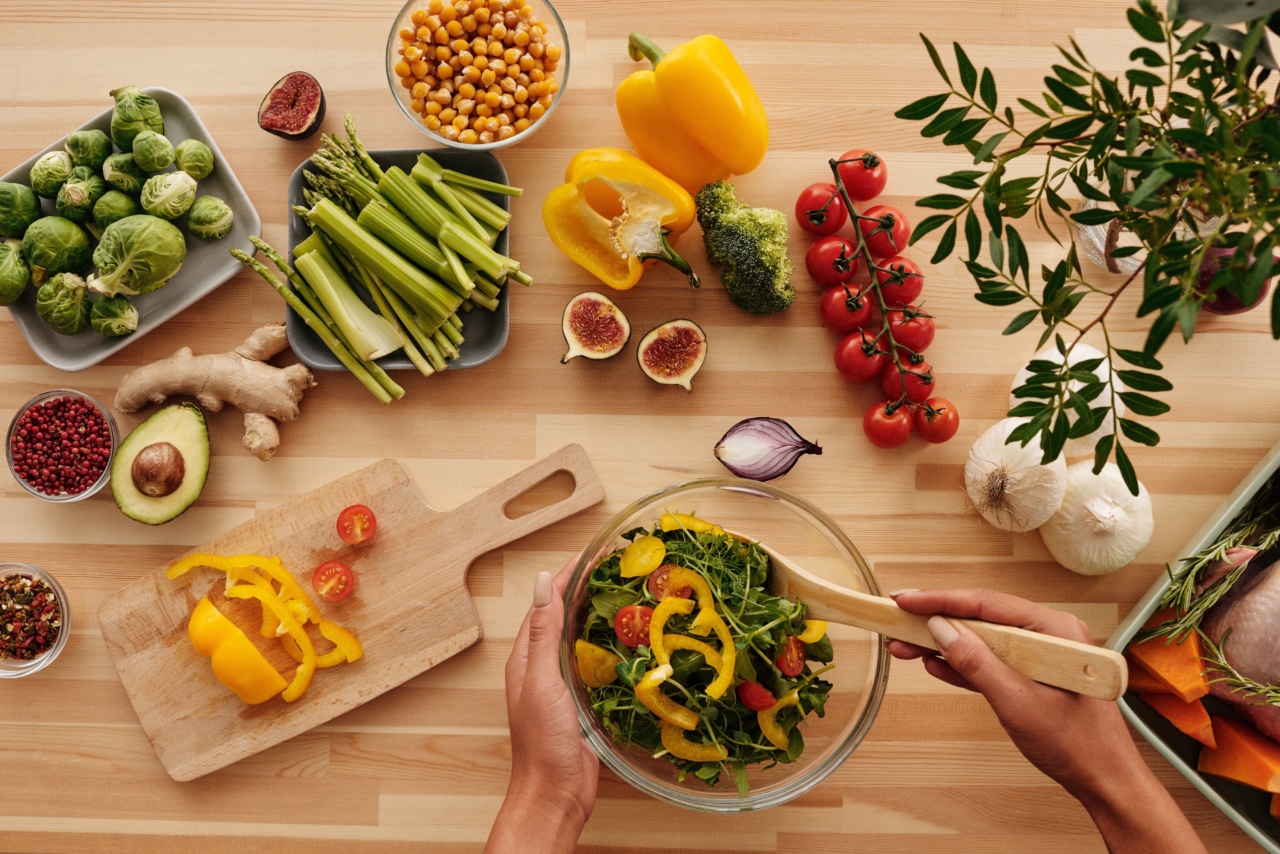Vegetables are an essential part of a healthy diet, providing vital nutrients, vitamins, and minerals that support overall well-being. While eating raw vegetables can be nutritious, cooking them can offer numerous advantages as well.
Cooking vegetables not only enhances their flavor and texture but also boosts their nutritional value. In this article, we will explore the various benefits of cooking vegetables and introduce you to nine different types of vegetables that are not only delicious but also packed with health-promoting properties.
1. Broccoli
Broccoli, a member of the cruciferous vegetable family, is packed with essential nutrients and has numerous health benefits when cooked. Steaming or lightly sautéing broccoli helps soften its tough fibers and makes it easier to digest.
Cooking also enhances the bioavailability of certain vital nutrients, such as vitamin C and folate, making them more accessible to the body.
2. Carrots
Carrots are known for their rich beta-carotene content, which is converted into vitamin A in the body. While eating raw carrots is certainly beneficial, cooking them can actually increase their antioxidant levels.
Studies have shown that the antioxidant capacity of carrots significantly improves when cooked, allowing for better absorption of this vital nutrient by the body.
3. Spinach
Spinach is a nutrient powerhouse that offers a wide range of health benefits. This leafy green vegetable is high in iron, calcium, and vitamins A and C.
While spinach can be enjoyed raw in salads, lightly cooking it helps reduce the levels of oxalic acid, which can interfere with calcium absorption. Cooking spinach also enhances its iron availability, making it more beneficial for those with iron-deficiency anemia.
4. Tomatoes
Tomatoes are a versatile vegetable that can be consumed both raw and cooked. Cooking tomatoes, especially in the form of sauces, increases their lycopene content.
Lycopene is a powerful antioxidant that has been linked to various health benefits, including a reduced risk of certain cancers and heart disease. Furthermore, cooking tomatoes helps break down their cell walls, making the valuable nutrients more accessible to the body.
5. Bell Peppers
Bell peppers, whether red, green, or yellow, are a colorful addition to any dish. While consuming raw bell peppers can be enjoyable, cooking them can actually boost their nutritive value.
Cooking bell peppers helps break down their tough cell walls, making it easier for the body to absorb the abundant vitamin C they contain. Additionally, cooking can enhance the flavor of bell peppers, making them even more delicious.
6. Cauliflower
Cauliflower has gained popularity as a low-carb alternative in recent years. When cooked, cauliflower becomes tender, less crunchy, and more palatable.
Cooking this cruciferous vegetable not only improves its texture but also enhances its nutrient profile. Studies have shown that cooking cauliflower can increase its levels of indole-3-carbinol, a compound known for its potential cancer-fighting properties.
7. Green Beans
Green beans, also known as string beans, offer a crisp and vibrant addition to your meals. While they can be eaten raw, cooking green beans can make them easier to digest, especially for individuals with sensitive stomachs.
Additionally, cooking green beans may increase their antioxidant capacity, ensuring you obtain the maximum benefit from this nutritious vegetable.
8. Brussels Sprouts
Brussels sprouts are often underappreciated, but they are rich in essential nutrients and offer incredible health benefits. When cooked, Brussels sprouts take on a sweet, caramelized flavor that many find delicious.
Cooking also helps soften their texture and reduce the bitterness they sometimes possess when consumed raw. Additionally, cooking Brussels sprouts can improve their digestion and absorption, allowing your body to access their incredible nutritional content more efficiently.
9. Zucchini
Zucchini, also known as courgette, is a versatile summer vegetable that can be enjoyed in various dishes. Cooking zucchini enhances its natural sweetness and brings out its delicious flavor.
While zucchini can be eaten raw, cooking it helps break down its fibrous structure, making it easier to digest. Additionally, when cooked, zucchini retains more moisture and becomes tender, creating a pleasant and enjoyable eating experience.
Overall, cooking vegetables offers numerous benefits beyond just enhancing their taste. It can improve their digestibility, enhance the absorption of essential nutrients, and unlock additional health-promoting compounds.
By incorporating different cooking methods into your culinary adventures, you can create a variety of delectable vegetable dishes that are both nutritious and enjoyable.






























